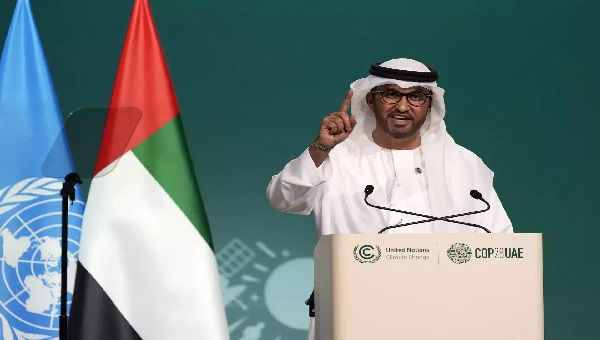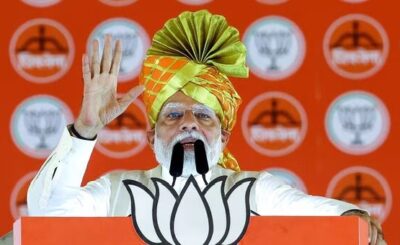Dubai, Dec 13:
The world’s climate negotiators on Dec 12 haggled beyond a host-imposed deadline for a deal as at-risk nations voiced fury over a proposed compromise that stops short of phasing out fossil fuels.
The Emirati president of the COP28 summit had pressed the nearly 200 nations to reach an ambitious deal by the official , in an effort to force decisions.
But after another late night, there was no sign that the talks were anywhere near completion, with negotiators waiting for a fresh text after wide criticism of a draft released on Dec 11.“We have time, and we are prepared to stay a little longer,” German Foreign Minister Annalena Baerbock said.
The team from the Marshall Islands, which lies on average 2.1m above sea level and is threatened with submersion as ice melts, vowed to stay until the end.
The Pacific archipelago’s negotiator, Mr John Silk, said his country “did not come here to sign our death warrant”.
Cassie Flynn, global director of climate change at the United Nations Development Programme, said it was still possible to reach a deal that goes beyond the draft’s “watery” language on fossil fuels. “Parties are working round the clock,” she said. “Negotiators are scurrying around rooms and on phone calls to try to find the places where they can agree.”
Deals at U.N. climate summits must be passed by consensus, at which point individual countries are responsible for delivering the deal through national policies and investments.
Germany’s Climate Envoy, Jennifer Morgan, said the talks had now entered a “critical, critical phase”.
U.S. Special Climate Envoy John Kerry popped out of one meeting with representatives from several other delegations late on Tuesday and said he believed the fossil fuel language in the COP28 deal text was getting stronger.
A new draft text for a final deal was expected in the early hours of Wednesday, with a potential plenary meeting to finalise a deal later in the day.
The draft released on Monday had suggested eight options countries “could” take to cut emissions.
One was “reducing both consumption and production of fossil fuels, in a just, orderly and equitable manner so as to achieve net zero by, before, or around 2050”.
In a Dec. 6 letter seen by media says that OPEC Secretary General Haitham Al Ghais urged members to reject any COP28 deal that targeted fossil fuels.
At least 80 countries are demanding a COP28 agreement that calls for an eventual end to the use of fossil fuels, as scientists urge ambitious action to avert the worst impacts of climate change.
Such a position would be unprecedented, after three decades of UN climate summits that never addressed the future of fossil fuels head-on, even though they are the top source of planet-warming emissions.
Campaigners had hoped the COP28 summit – set in a glitzy metropolis built on petrodollars – would take the historic step of calling for the first time for a global phase-out of fossil fuels, which account for three-quarters of greenhouse gas emissions blamed for the planetary crisis.
But climate decisions must be made by consensus, and Saudi Arabia, the world’s largest oil exporter, has led opposition to the threat to its financial lifeblood.
The draft put forward by COP28 president Sultan Al Jaber – himself head of the United Arab Emirates’ national oil company – only lists a series of options, including reductions in fossil fuel production and consumption.
A veteran watcher of climate negotiations, said the “extraordinarily weak draft” showed the influence of the fossil fuel lobby, which turned up at COP28 in record numbers.
“If anything like the current text is adopted, it will show the COP process to be broken beyond repair,” he said.
Scientists say the planet has already warmed by 1.2 deg C from pre-industrial times, and that 2023 – marked by lethal disasters including wildfires across the world – has likely been the warmest in 100,000 years.The UN climate agency’s chief made an impassioned plea
reminding countries that the science behind the world’s goal of holding warming to within 1.5 degrees Celsius (2.7 degrees Fahrenheit) of pre-industrial temperatures is clear. From the planet’s perspective, 1.5 is a tangible limit. It is not simply a choice, he said.








